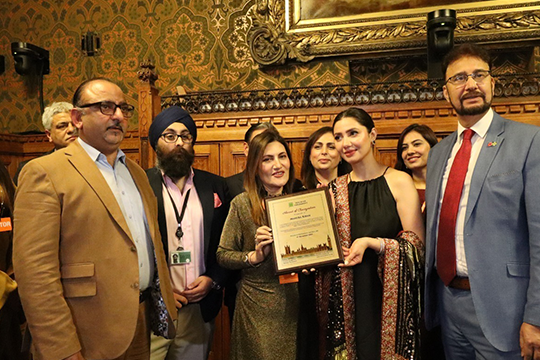Medical experts are raising concerns over the alarming rate of diarrhea cases in Pakistan, with over one million reported monthly, leading to approximately 110 child deaths per day. Addressing a seminar on the significance of zinc for health in Karachi, health professionals highlighted that a substantial number of these fatalities could be prevented through the administration of zinc supplements.
The seminar, organized by the Pakistan Zinc Society and local pharmaceutical company PharmEvo, shed light on the vital role of zinc supplements, especially in saving the lives of children affected by diarrhea. Experts emphasized that the local production of zinc products in pre-qualified plants endorsed by the World Health Organization (WHO) is a positive step, reducing dependency on foreign pharmaceutical companies.
Dr. Abdul Bari Khan, Head of Indus Hospital, stressed the importance of zinc supplements, particularly in the aftermath of floods in Sindh and Balochistan last year. He emphasized that providing zinc supplements along with oral rehydration solution (ORS) could significantly protect children from the deadly effects of diarrhea and malnutrition.
The pre-qualification of zinc medicines by the Pakistani company PharmEvo from the WHO was hailed as a favorable development for Pakistan. Dr. Bari Khan noted that this would make zinc products more affordable, reducing reliance on multinational pharmaceutical companies.
Additionally, he advocated for the local production of drugs for tuberculosis, HIV, and cancer, highlighting the potential to bring valuable foreign exchange to Pakistan. Managing Director of PharmEvo, Haroon Qasim, emphasized the company’s commitment to ethical values in the health sector, citing certifications from international organizations, including the WHO.
He expressed hope that the export of Pakistani pharmaceutical products, which reached 713 million US dollars last year, would further increase, potentially reaching one billion dollars. Diarrhea remains the second leading cause of death among children globally, and efforts to combat it are particularly crucial in countries like Pakistan, India, and Nigeria, where 50 percent of child deaths from diarrhea occur.











